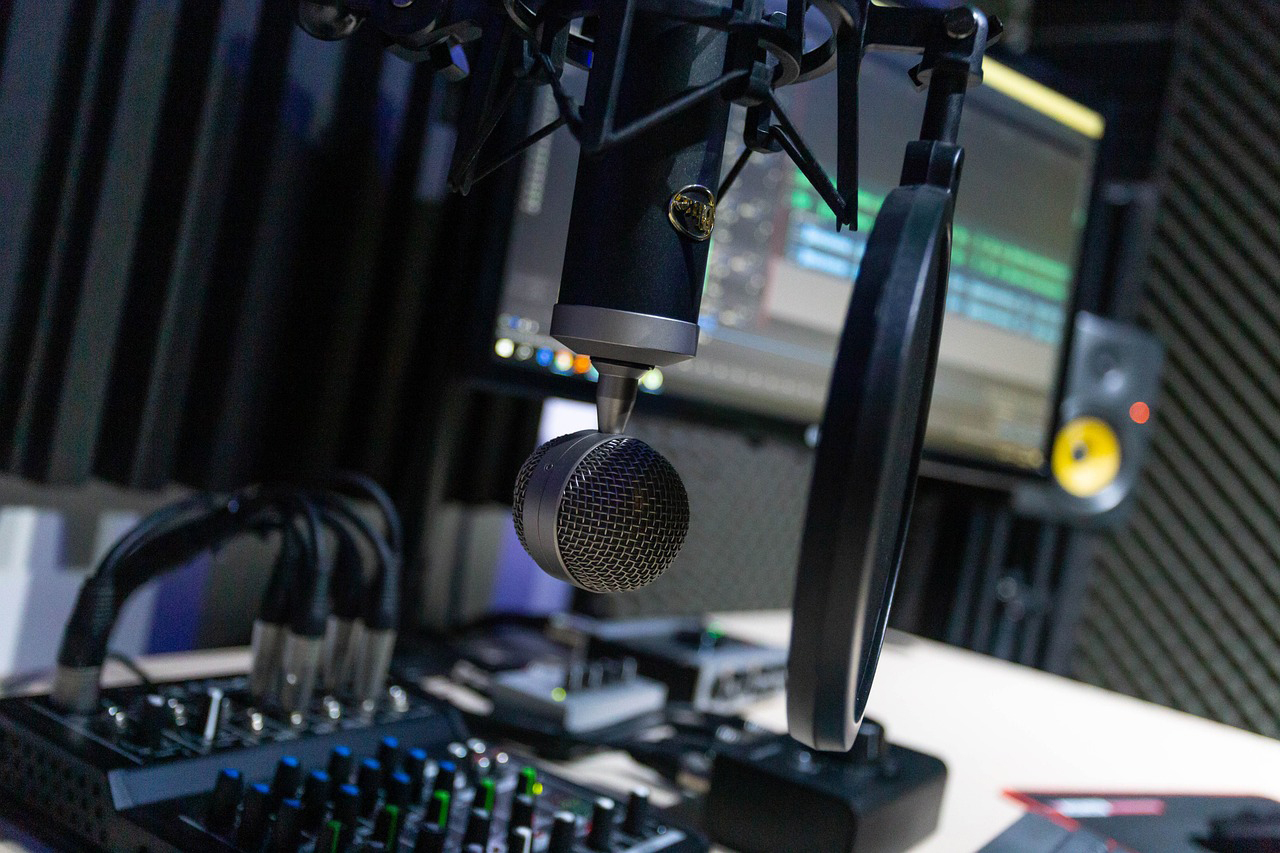Why enrolling in music production schools is the best place to start for aspiring producers

Enrolling in music production schools is the best place to start to learn production due to its comprehensive curriculum and hands-on experience. These schools provide you with a mixture of theoretical knowledge and practical skills that are essential for success in the industry.
Music production schools often boast cutting-edge facilities and access to industry-standard equipment, which you might not have at home. This immersive environment allows you to experiment, learn, and create under the guidance of experienced professionals. Additionally, these institutions offer networking opportunities that can be invaluable as you build your career.
By attending a reputed music production school, you will not only gain technical expertise but also develop a deep understanding of the music business. This holistic education ensures you are well-prepared for the challenges and opportunities in the world of music production.
The importance of formal music production education
Formal music production education provides essential training in music theory, audio engineering, and hands-on experience with cutting-edge technology. It ensures that aspiring producers receive a structured and comprehensive understanding of the field.
Core foundations of music theory and audio engineering
Enrolling in a music production school equips you with vital knowledge of music theory, laying a foundation for creating harmonious and compelling tracks.
Courses cover topics such as scales, chords, and rhythm, enhancing your ability to create and manipulate musical elements effectively. Additionally, an in-depth understanding of audio engineering principles, including signal flow, mixing, and mastering, is crucial for producing high-quality sound.
This academic training fosters a deeper appreciation and knowledge of music production techniques.
Exposure to state-of-the-art equipment and software
Music production schools offer access to state-of-the-art equipment and software, which is a significant advantage for students.
Modern studios equipped with high-end hardware, digital audio workstations (DAWs), and advanced plugins allow you to learn on the industry-standard tools used by professionals.
The opportunity to work with cutting-edge technology ensures that you remain current with trends and techniques, preparing you for the demands of the music production industry.
Structured environment and syllabus
A formal education in music production provides a structured environment and a well-defined syllabus, which is essential for systematic learning.
Curriculums are designed to cover every aspect of music production, from initial concept to final product. Lessons are progressive, enabling you to build on core skills and knowledge through each stage of the course.
This structured approach ensures a comprehensive education, reducing the risk of missing out on critical aspects of audio production and music creation.
Networking and career opportunities
Enrolling in a music production school offers more than just technical knowledge. It connects you with industry professionals, builds a network of supportive peers and mentors, and provides opportunities for internships and job placements through school affiliations.
Interactions with industry professionals and alumni
One of the significant advantages of music production schools is the access to industry professionals and alumni. Many schools have strong partnerships with record labels, professional recording studios, and prominent musicians.
By attending workshops, guest lectures, and masterclasses conducted by experienced professionals, you gain insights into the music business. Alumni networks also offer a source of advice and opportunities, as graduates often maintain strong relationships with the school and current students.
Building a supportive network of peers and mentors
Joining a music production school means entering a community of like-minded individuals. You’ll collaborate on projects, share ideas, and learn from each other. This environment fosters creativity and provides a supportive network that is essential in the competitive music industry.
Mentors, including experienced faculty members and visiting professionals, offer guidance and support throughout your studies. These relationships can extend into your career, providing long-term professional advice and opportunities.
Internships and job placements through school affiliations
Many music production schools have affiliations with record labels, studios, and other organisations within the music industry. These connections provide students with valuable internship and job placement opportunities.
Through these internships, you can gain practical experience in a professional setting, which is critical for building your résumé and developing industry connections. Schools like the SAE Institute collaborate with multiple organisations worldwide, offering students access to diverse opportunities in cities like New York and Los Angeles.
Diverse music production programmes worldwide
Music production schools offer a wealth of diverse programmes, specialised courses, and accessible online options. These institutions equip you with essential skills and knowledge, whether you’re looking to create electronic dance music or work in audio engineering.
Variety in courses and specialisations
Music production schools provide a range of courses and specialisations tailored to meet the needs of aspiring producers. NYU Steinhardt in New York offers Bachelor’s, Master’s, and Doctoral degrees in music technology, providing a comprehensive curriculum that covers various aspects of production.
At the Berklee College of Music, based in Boston, you can specialise in areas such as film scoring, electronic production, and design. Schools like SAE Institute and Full Sail University also offer specialised courses in everything from sound recording technology to music business.
Global institutions offering cutting-edge music knowledge
Institutions worldwide stand out for their exceptional music production programmes. The Musicians Institute in Los Angeles is renowned for its hands-on training and industry connections. Point Blank Music School, with campuses in London, Ibiza, and Los Angeles, offers courses in music production, sound engineering, and DJing.
In Asia, schools like SAE Institute have multiple campuses including in China and Mumbai, providing a global perspective on production techniques. Carnegie Mellon University in the United States also offers top-tier programmes focusing on the technical and creative aspects of music production.
Accessibility of online music production programmes
Online music production programmes have become increasingly accessible, offering flexibility for those who cannot attend in-person classes. Berklee Online provides courses and certifications that can be completed from anywhere in the world, allowing you to learn at your own pace.
SAE Institute and Full Sail University also offer respected online degrees in various aspects of music production. Platforms like Icon Collective provide online programmes specialising in electronic music production, ensuring that you have access to industry-standard tools and resources.
With these varied options, from intensive campus-based programmes to flexible online courses, music production education is more accessible and diverse than ever before.
Conclusion
Enrolling in a music production school offers a structured and immersive educational environment that enhances your skills and knowledge in music production.
These schools provide practical experience through hands-on training in professional studios. This real-world practice is invaluable for building confidence and competence in using industry-standard equipment and software.
Networking opportunities are another significant benefit. You’ll connect with industry professionals and peers, enabling collaborations that can lead to future career opportunities.
A variety of courses and specialisations are available, allowing you to focus on specific areas of interest. Whether it’s electronic dance music, audio engineering, or music business, there’s a programme tailored to your career goals.
Financial considerations are important, and costs can vary significantly. For instance, Indiana University Southeast charges $23,186 for residents and $37,050 for non-residents. Research and compare tuition fees to find a programme that fits your budget.
If geographical location is a concern, many schools offer online courses. Institutions like SAE and Point Blank Music School provide flexible learning options, making it easier to balance your studies with other commitments.
Enrolling in a music production school equips you with a comprehensive education that combines theoretical knowledge with practical skills. This holistic approach will prepare you for various roles within the music industry.
The editorial unit

























Facebook
Twitter
Instagram
YouTube
RSS